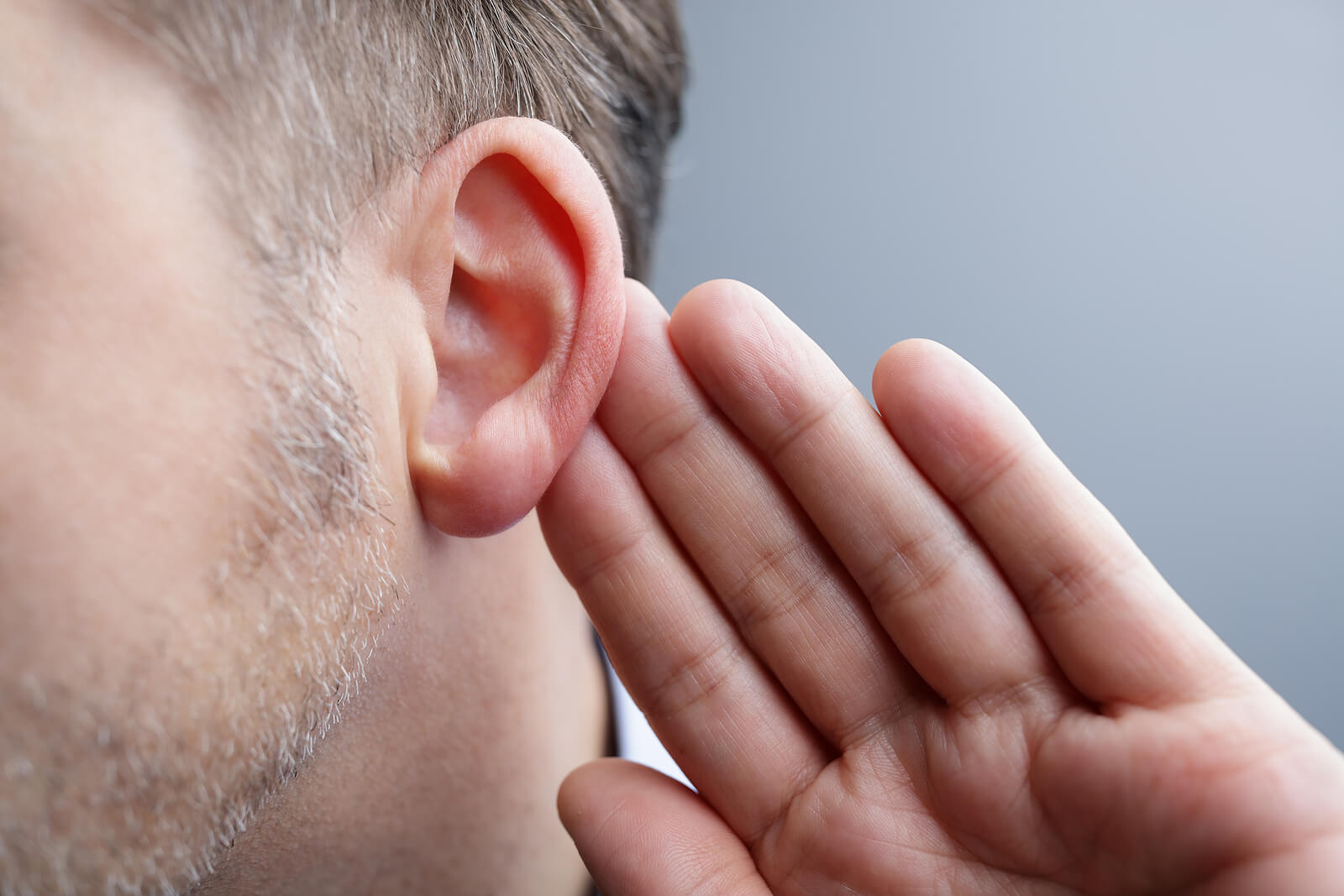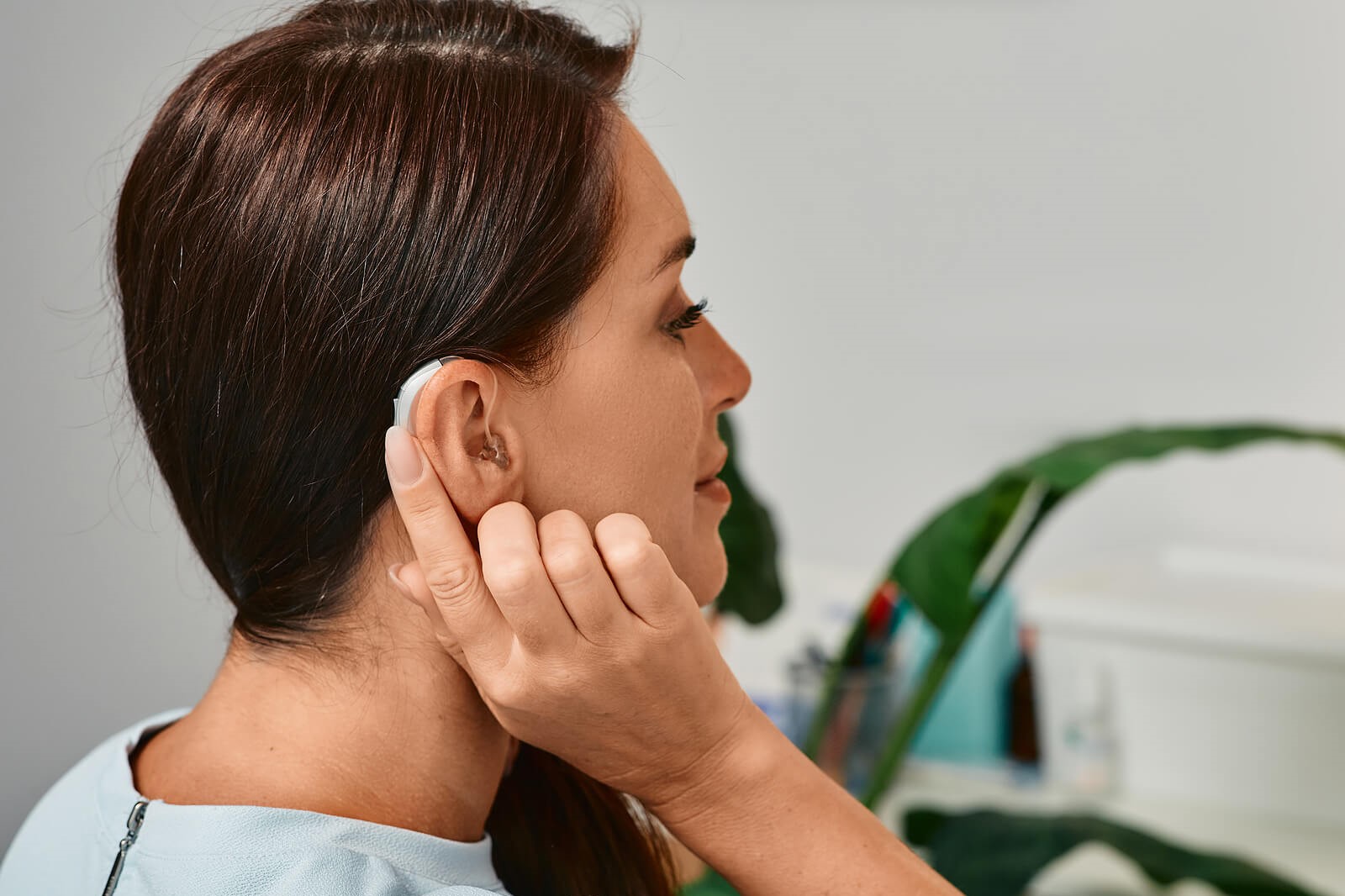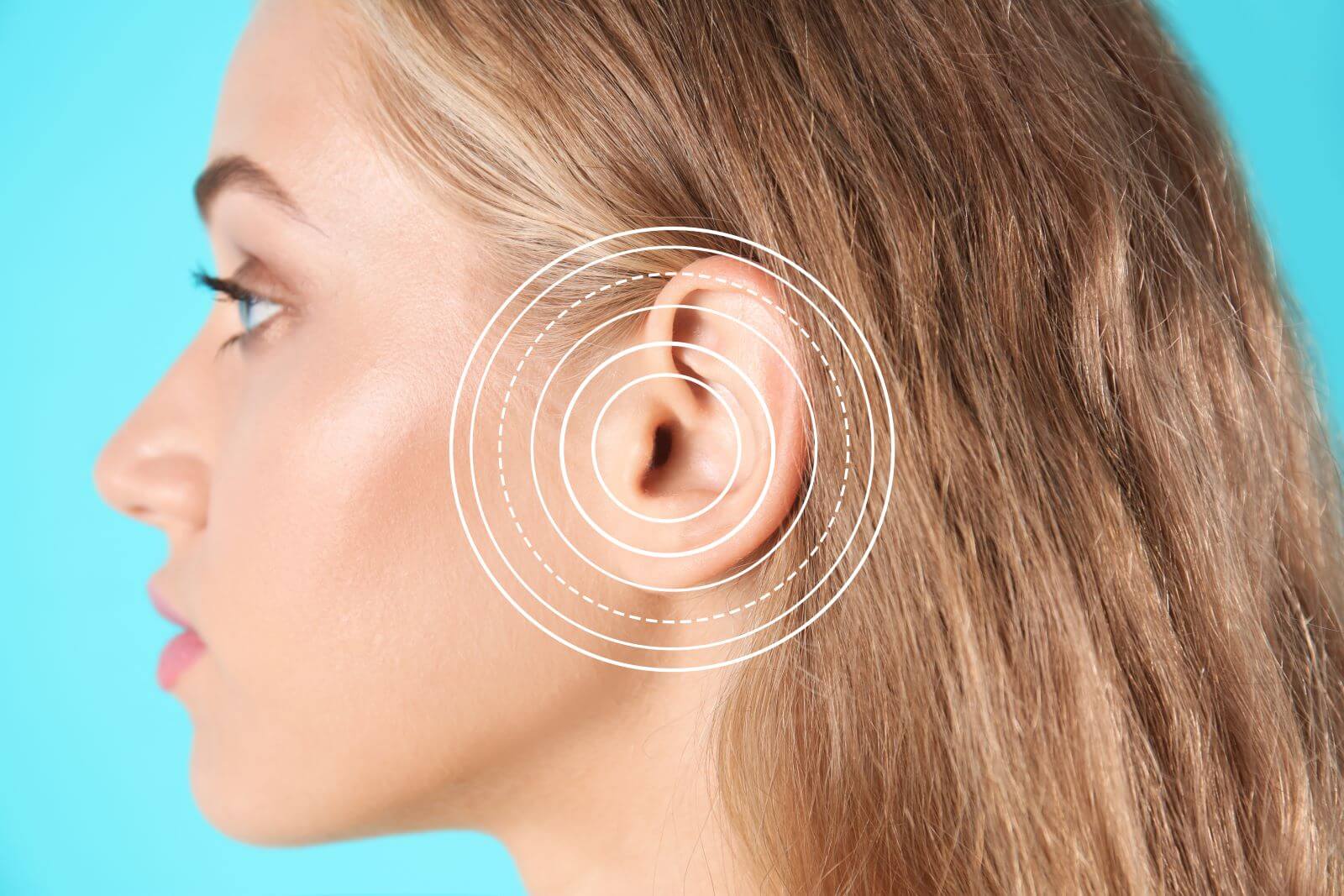
Have you been struggling to hear clearly?
You may find it difficult to follow conversations, especially in places with a lot of background noise, and your family has started complaining that you turn up the volume on the TV far too loud. Understanding your hearing loss is the first step to finding the right treatment options that will match your hearing needs and lifestyle, and help you get back to hearing clearly.
Types of Hearing Loss


Symptoms of sensorineural hearing loss include:
- A gradual decrease in hearing abilities
- Tinnitus (a ringing, buzzing, or rushing sound in the ears)
- Difficulty understanding conversations, especially in background noise. You may be able to hear someone speaking, but you cannot distinguish the specific words.
- Listening to the television or radio at a higher volume than in the past.
- Avoiding conversation and social interaction. Social situations can be tiring and stressful if you can’t hear clearly. You may begin to avoid these situations as hearing becomes more difficult.
- No charge consultation for the hearing aid selection.

Conductive Hearing Loss
Conductive hearing loss is caused by problems in the outer or middle ear and ear canal. It occurs when sounds from the outside world cannot reach the inner ear at all. Unlike sensorineural hearing loss, most conductive hearing losses can be medically or surgically treated. Our audiologists are supported by the experience and expertise of the ear-nose-and throat specialists of Otolaryngology Associates, should your hearing loss require medical or surgical solutions.
Mixed Hearing Loss
The third kind of hearing loss is a combination of both sensorineural hearing loss and conductive hearing loss. This hearing loss results from problems in both the middle and the inner ear. You could suffer from sensorineural hearing loss from damaged cells in the inner ear, but also experience the symptoms of conductive hearing loss due to a buildup of earwax in the outer ear.
View All Posts
Serving the Following Counties in Central Indiana:
Marion County, Hamilton County, Hancock County, Hendricks County, Howard County, Johnson County, Morgan County, Putnam County, Shelby County
Request an Appointment



